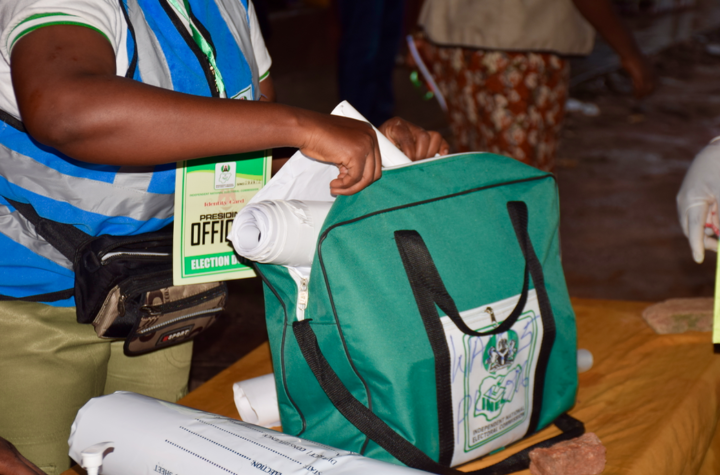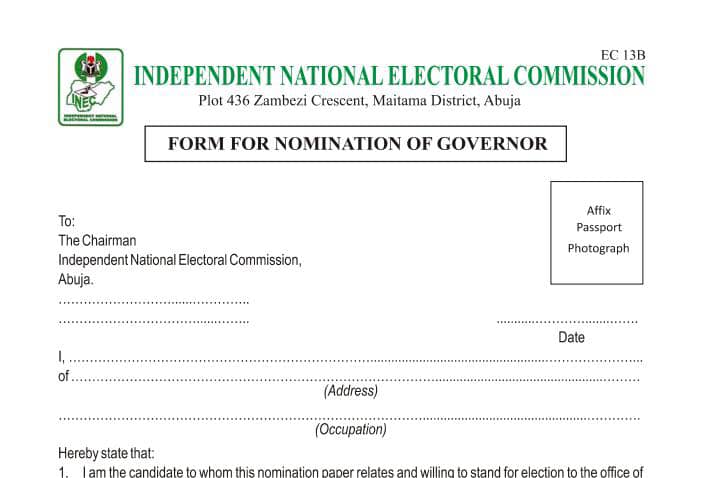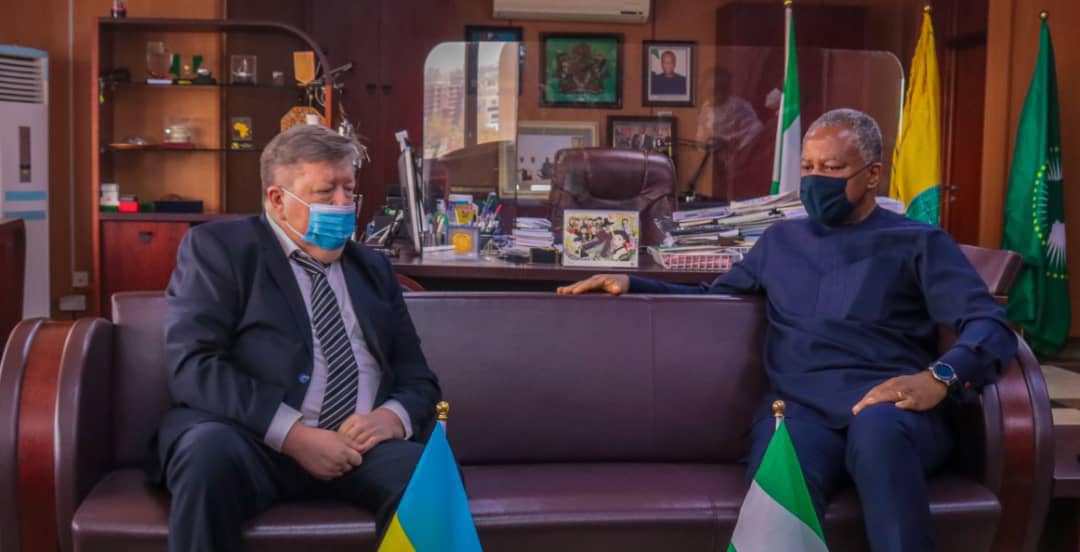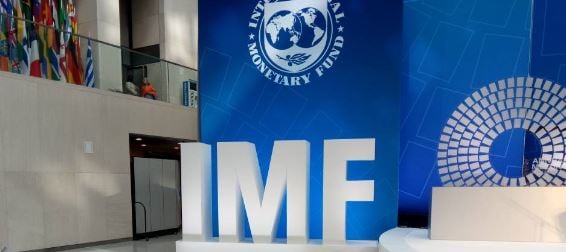The Defence Headquarters (DHQ) is set to hold a three-day sensitisation programme to enlighten for newly recruited members of the Nigerian Army on the dangers of drug abuse.
The programme is scheduled to commence on February 28 at at the Nigerian Army School of Infantry in Jaji, Kaduna state.
The event is organised by the office of the chief of defence staff in partnership with the Baba-Rabi Foundation (BARAF) and the African Council on Narcotics (ACON).
In a statement, Fatima Nana-Mede, chief executive officer of Baba-Rabi Foundation, said the objective of the programme is to promote activities that would enhance healthy, drug-free lifestyles and high-level professional performance among the officers of the armed forces.
Advertisement
“It is to improve the psychological stability and alertness of officers and personnel and provide a forum for discussion of the problem of drug use/abuse associated challenges, among members of the armed forces,” she added.
“Also, it is to address problems associated with substance abuse and attendant consequences on the psych, performance and families of officers and men; provide opportunity for counselling and therapy prescriptions, as well as assure participants of their welfare support, general well-being and emotional stability.”
The keynote address at the opening of the workshop is expected to be delivered by Lucky Irabor, the chief of defence staff.
Advertisement
Also, the Nigerian Drug Law Enforcement Agency (NDLEA) will deliver papers on ‘Substance Abuse, Types, Effects and Prevention Methods’ and ‘Facts about Substance Use/Abuse and Military Life’.
Rekpene Bassey, ACON president, is scheduled to give an overview of ‘Substance abuse in Nigeria and the risk associated with substance abuse in the military’, while psychiatrists and clinical psychologists are expected to present papers in their respective areas of expertise.
Other organistions expected as part of the exercise include the Community Intervention Network on Drugs (CIND), the United Nations Office on Drug Control (UNODC), and the federal ministry of health.
Advertisement
Add a comment






